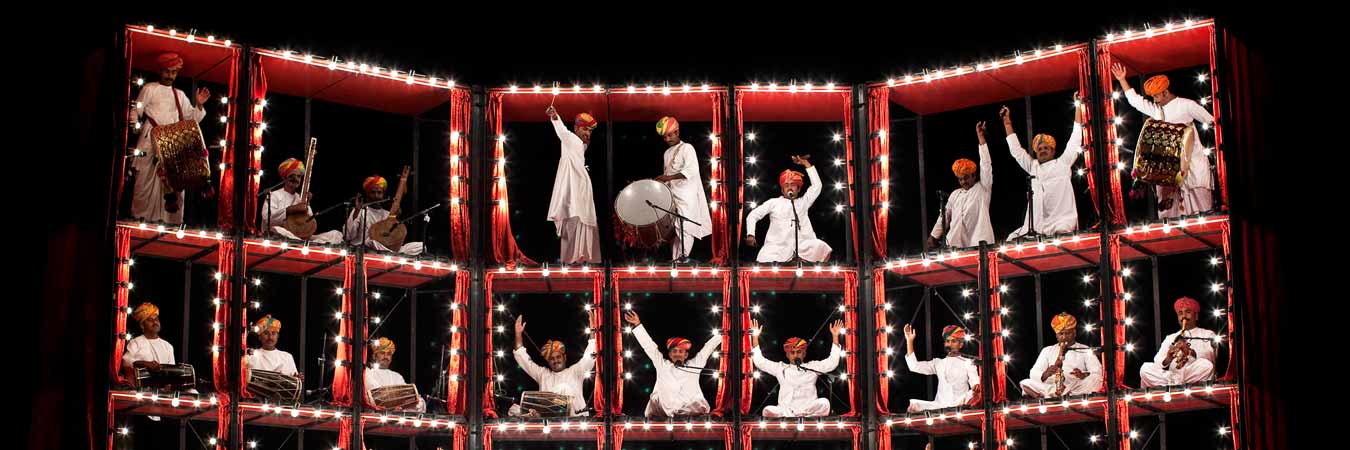
Famous for their classical folk music, the Manganiyars find a special mention and inordinate respect in the folk music circuit of India. Manganiyar is a hereditary community living in the obscure villages between India and Pakistan. In the Sindh province of Pakistan and in India’s Western Rajasthan, the Manganiars have been musical performers for generations and genealogists for higher caste patrons. These skilled folk musicians of the Thar pass on their songs from generation to generation in a form of oral history of the desert.

Manganiyars are Muslim by religion but they present a true example of communal bonhomie in India. Their universe of songs also has praising verses for Hindu deities and traditionally they pray to the Hindu god Krishna and seek his blessing before starting their performance. During the time of the Maharajas, the Manganiyars were the musicians of the Rajput courts; they used to accompany chiefs to war and provided them with music before and after the battle. On the event of their patron’s death, they would sing day and night until the mourning was over.

Today the Manganiyars continue to conserve their extraordinary art of oral renditions of folklore. They perform on various occasions at the house of the rich. Their music is an indispensable part of weddings, engagements, and births, and has hundreds of songs for each occasion. Describing the patron’s or Jajmaan’s illustrious history mixed with the lyrics of pride and honour is their specialty. Now the performances of Managaniyars have reached some of the world’s biggest stages and their performances are highly appreciated not only due to their unique vocals and instruments but also because of their ability to move audiences from immense joy to tears of happiness.
Musical Instruments used by the Manganiyars
Just like their unique vocals, the Manganiyars also use some special musical instruments that are the most difficult Indian instruments to master. The Khamaycha, Harmonium, Dholak, Khartal, Morchang or 40 strings Sarangi are a few instruments used by the Manganiyar artist.

Kamaicha: It is the most significant instrument of the Manganiyar community. It is their version of Mandolin and is only played by them. Made of mango wood, it has 17 strings: three special strings made of goat intestine for the melody and fourteen of steel for melodious resonance. It is played with a specially designed bow made of horse hair and when it touches the three strings made for the melody it produces a soul-stirring sound.
Harmonium: Similar to the pipe organ or reed organ, the harmonium is a free-standing keyboard instrument where sound is produced by air supplied by the hand-operated bellows.
Dholak: Dholak is a common instrument used in Hindustani (Indian) Classical Music. It is a twin faced drum for perfect rhythms.

Khartal: With special movements of the hands Khartal produces melodious sounds. It is made of Sheesham wood. When played, it evokes a delightful combination of rhythm and the musical notes.
Morchang: The Morchang is made of a metal ring with two parallel forks forming the frame, a fixed metal tongue between the forks, fixed at one end and free to vibrate at the other. The tongue is bent at the free end perpendicularly to the circular ring so that it can be struck and made to vibrate.
Famous Manganiyar Artists:
Sakar Khan Manganiyar: Born in 1938 in Hamira, Rajasthan, he was considered as one of the greatest players of Kamaicha. In the year 2013, the Government of India honoured Sakar Khan with the fourth highest civilian award of Padma Shri. Internationally, his concerts have taken place in countries like USA, France, Japan, Belgium and erstwhile USSR. This legendary artist has also collaborated with well known musicians like George Harrison from the Beatles.
Mame Khan: Born in a village of Satto near Jaisalmer, Mame Khan is a modern day sensation from the Manganiyar community. His voice finds a special place in the folk music of Rajasthan. The songs of Sufi saints of Sindh and Rajasthan including Kabir, Bulleh Shah, and Baba Ghulam Farid are sung by Mame Khan with energy and joy. He has not only performed across India but also around the world including Europe, Africa, America and the Middle East. He is the man behind the main vocals of the famed Manganiyar Seduction by Roysten Abel. Recently he has also won the GIMA’s (Global Indian Music Academy) Best Folk Single Award for the song called “Sawaan” for his debut album Desert Sessions.
The trance of the Manganiyars awaits your arrival in their desert land. If you wish to travel to the land of the Manganiyars, you just need to Contact Us and we will craft a tailor-made tour that will echo the tones of this gifted artisan community.




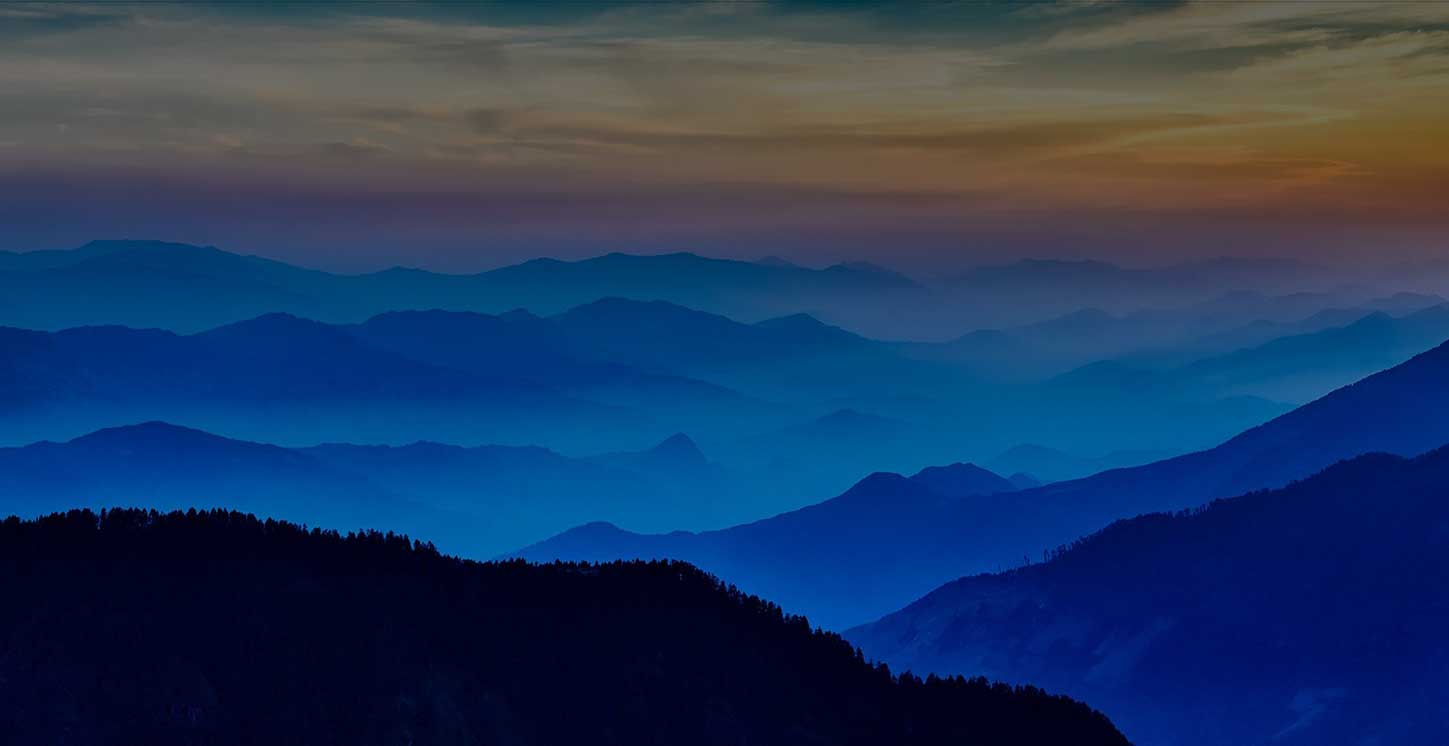
 +1-(765)-586-1210
+1-(765)-586-1210 +44-2030-2689-44
+44-2030-2689-44 +91 124 4361906
+91 124 4361906


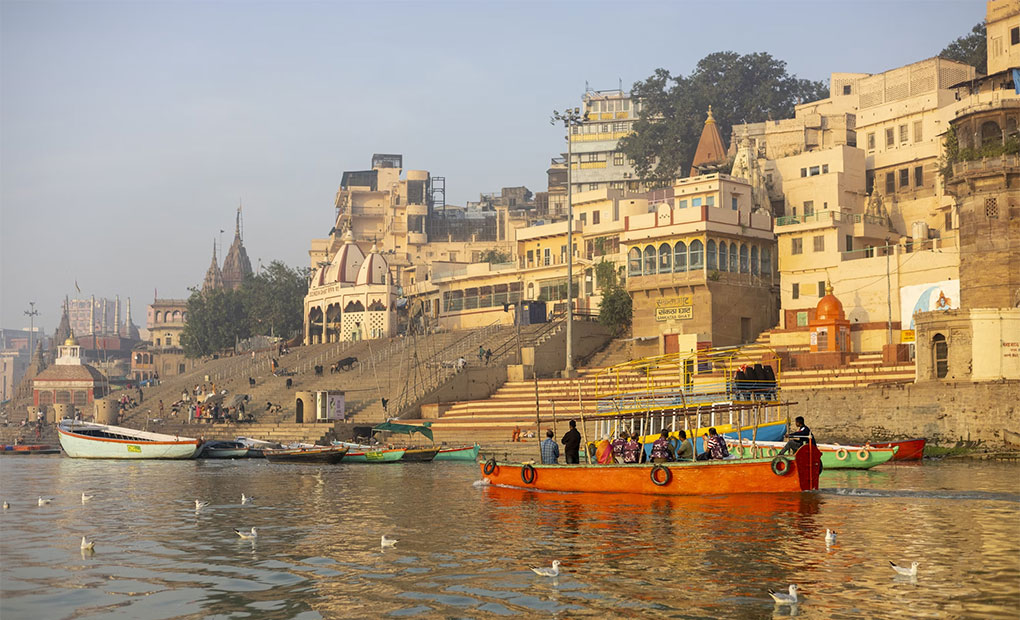


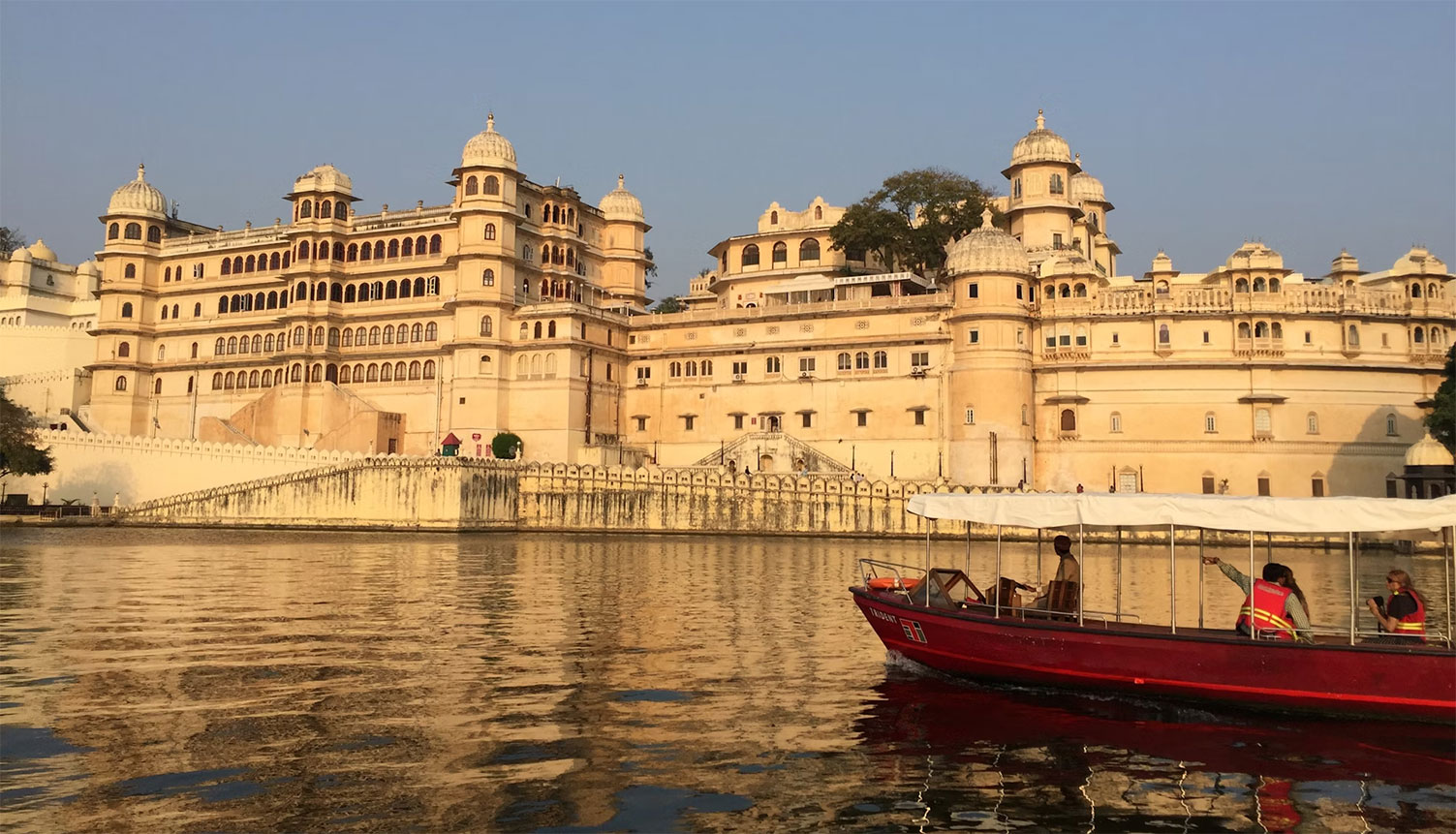
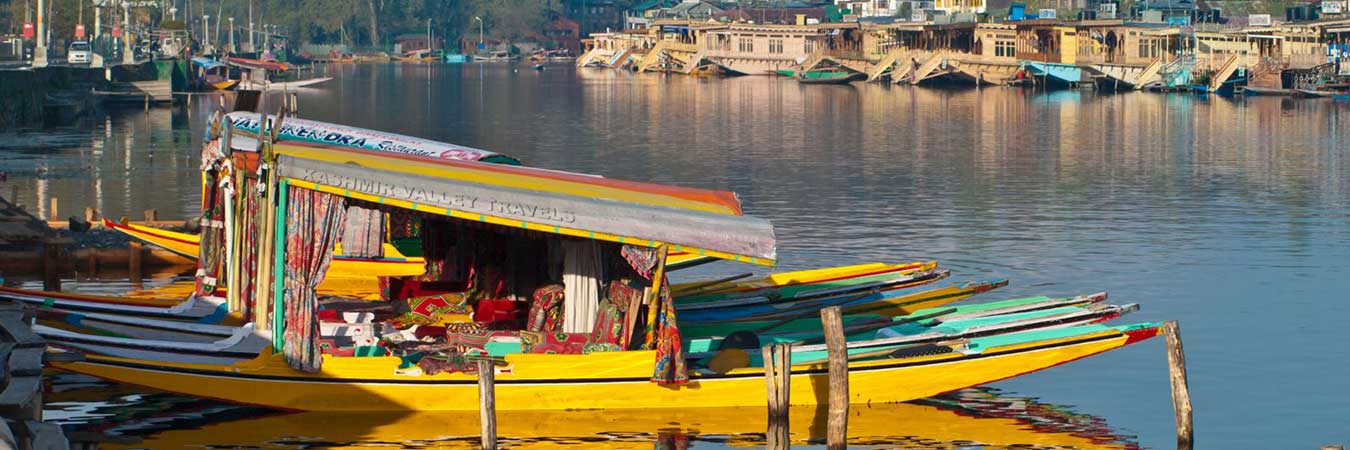
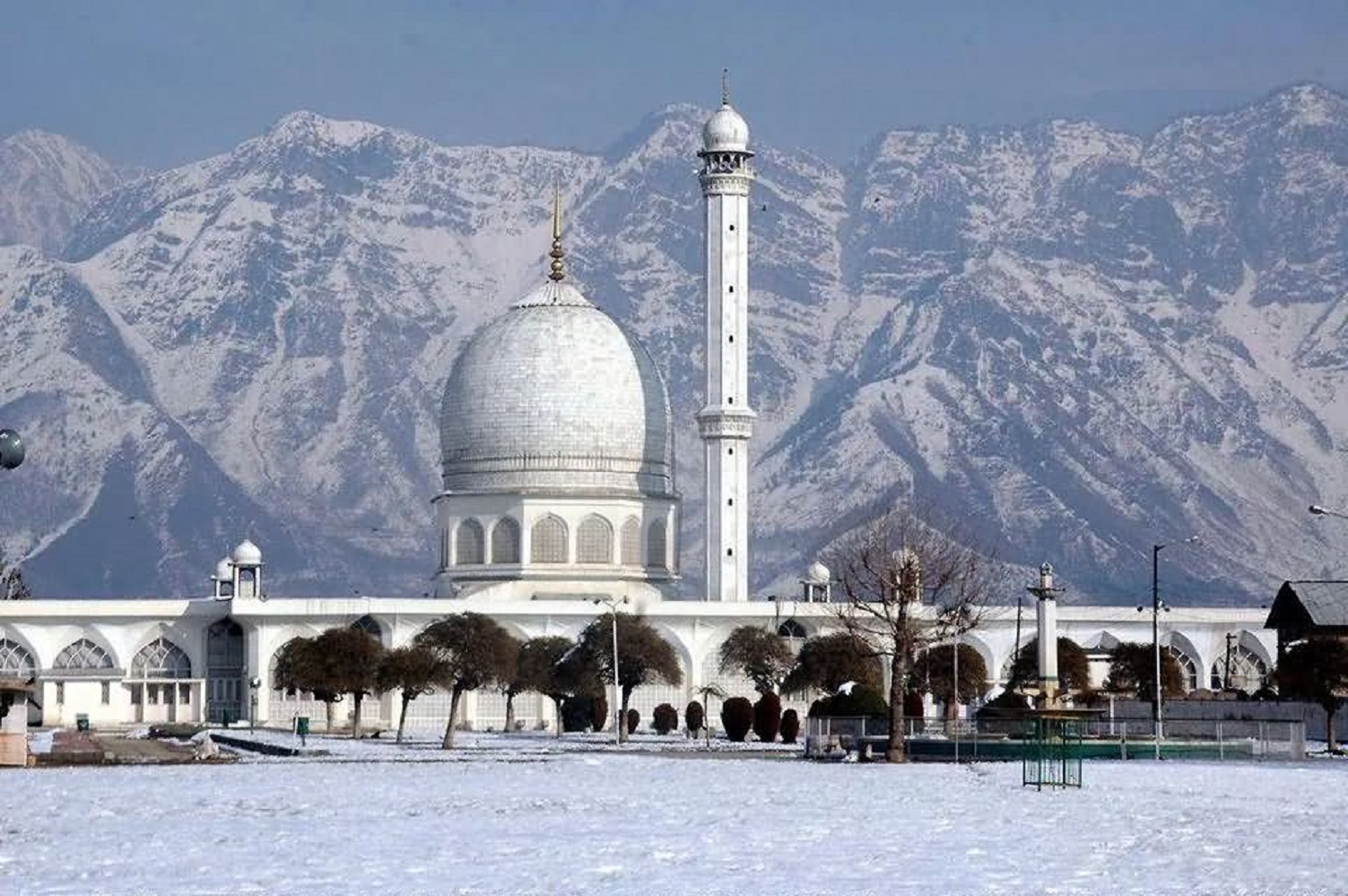



 +1-(765)-586-1210
+1-(765)-586-1210 +44-2030-2689-44
+44-2030-2689-44